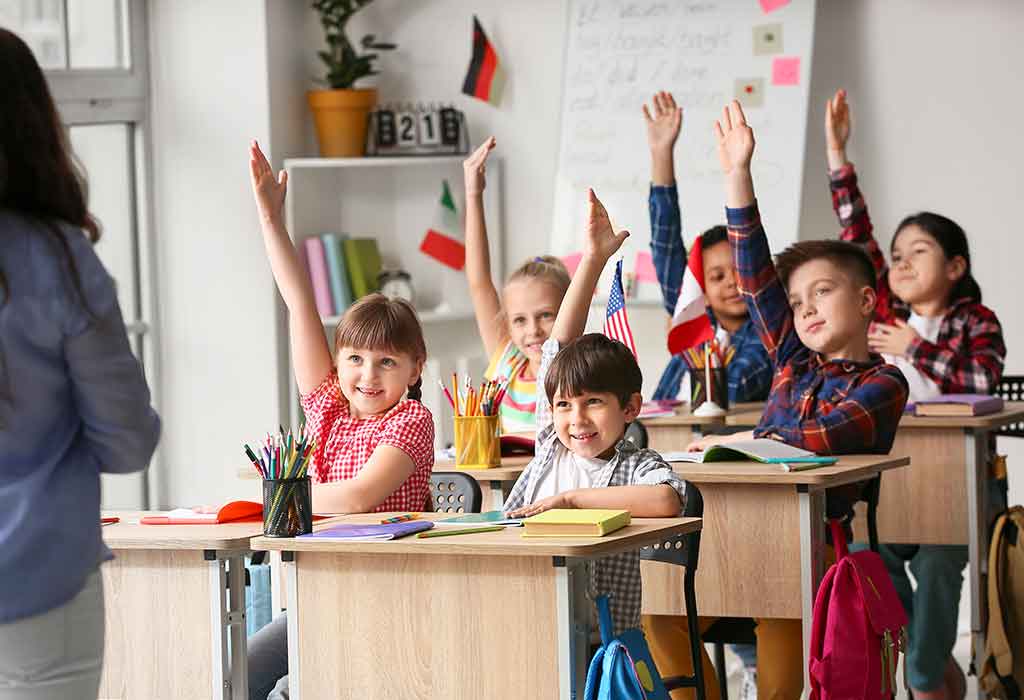When a child comes for play therapy, I always ask a parent or caregiver about the school environment. Over the years I’ve had countless parents tell me that their child acts completely differently at home than at school. Sometimes these differences are an increase in behavior symptoms and sometimes a decrease. But here’s one thing we do know. When children’s behavior isn’t consistent across the board, the environment may be a factor.
So why do children act differently at school? Here are a few ideas to consider:
When your child is at school, they are comparing themselves to their peers. Part of a children’s self-esteem and self-concept comes from their internal comparisons between themselves and their outside environment. So, if your child, for example, has a learning disability, they may notice that the child to the right of them has an easier time with reading or math calculation. Or they notice that the child on the playground wants to play with one child but not them. This comparison can result in a child forming an opinion of themselves and their abilities and competence. This can also lead to task avoidance in school in which a child wants to escape or delay a task in which they don’t feel competent in.
School is a very stimulating environment. While school provides structure and routine, it is also filled with transitions, tasks and people. If a child is tired, hungry, or simply bored, they may become more easily dysregulated. It is a long day of intellectual tasks. Some children may be overwhelmed and not have an outlet for expressing their feelings.
A means of gaining control. In general, children have very little control. At times, a school setting can feel overwhelming to a child. They may feel they need to turn to aggression, opposition or other means of behavior in an attempt to feel in control of the things around them.
Misconceptions about behavior. Sometimes a child’s behavior may lead to a preconceived idea about the child. For example, if a child is labeled the “bad kid”, a child may begin to express that pain through their behavior.
Behavior is not “good” or “bad”. Behavior is an outward expression of an internal process. The “why” matters. If we can determine the why behind a child’s behavior, we can often looks for ways to support the child. In doing so, the child learns self-control and chooses to behave in more self-enhancing ways.
If you think your child could benefit from greater self-control or self-esteem at school, schedule a parent consultation to see if play therapy is the right fit for your child.


